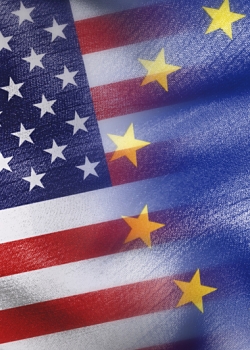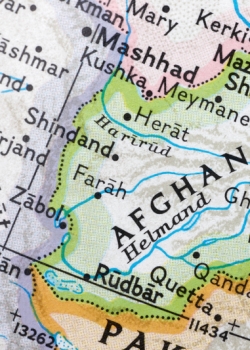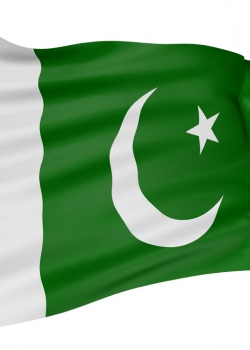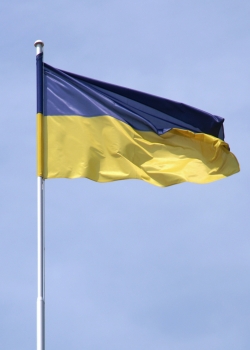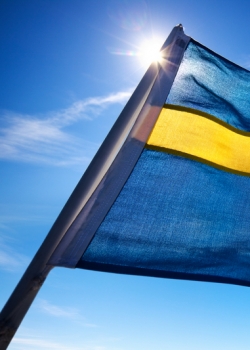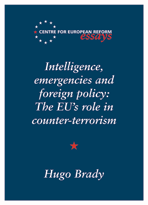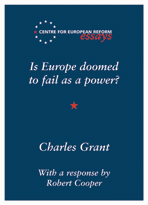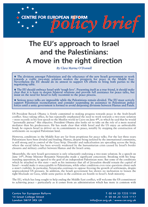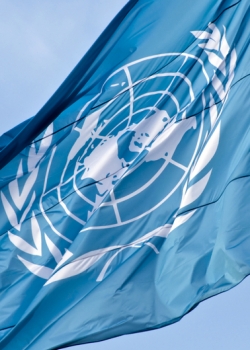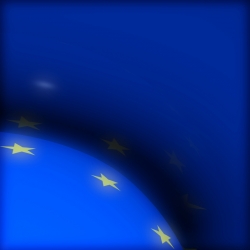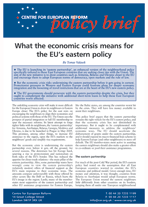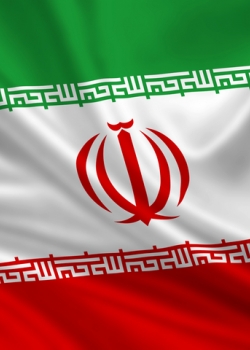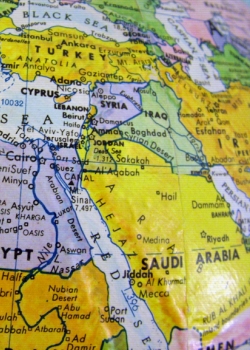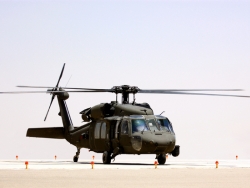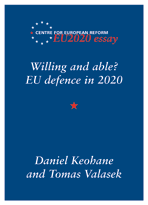European foreign policies & institutions
The midterm elections, Europe and US foreign policy
01 October 2010
Though Barack Obama remains popular in Europe, he has his detractors there, particularly among foreign policy professionals.
Issue 74 - 2010
24 September 2010
- The political consequences of the euro crisis, Katinka Barysch
- The midterm elections, Europe and US foreign policy, Tomas Valasek
- The EU's new supervisory architecture - evolution or revolution?, Philip Whyte
Human rights cannot be a luxury in Afghanistan
07 May 2010
The Afghans with whom I worked in Bamyan province, Afghanistan, often asked me why foreigners were so concerned about the destruction of historical monuments yet seemingly so indifferent to the human suffering that occurred.
The EU must deliver on its commitment to Pakistan
01 April 2010
In April 2010 the EU will hold its second summit with Pakistan. The EU started holding these summits last year, as part of an effort to address security threats stemming from the country, especially the Islamist militants who use it as a safe haven to undermine the allied war effort...
Building a European external action service: A difficult birth?
05 March 2010
TGAE report
In foreign policy terms, the EU’s global partners often have to deal with the competing external relations bureaucracies of the European Commission, the EU’s Council Secretariat (itself acting separately for both the HR and the six-month EU Presidency) as well as the different diplomatic services of the member states.
Can and should the EU and Russia reset their relationship?
22 February 2010
Russia's oil-fuelled boom has ended and President Medvedev is calling for radical improvements to the economy. Some EU politicians are tempted to offer Russia a 'modernisation partnership' to re-launch the stalled EU-Russia relationship.
Ukraine and the EU: A vicious circle?
01 December 2009
There is no rule for how a government desiring to join the EU should make its case. But countries that managed to accede in recent years had done so by observing a few simple guidelines: cultivate friends among EU governments, be prepared to make painful sacrifices and, above all, show...
NATO, Russia and European security
06 November 2009
Countries in Europe's east and north worry that Moscow is blundering into a confrontation with NATO. They have begun demanding that the alliance start preparing for a possible conflict. But are they right to be concerned?
Carl Bildt and the cost of speaking plainly
21 July 2009
Carl Bildt is better known throughout the world than most of his fellow EU foreign ministers – and many of the prime ministers, too.
Intelligence, emergencies and foreign policy: The EU's role in counter-terrorism
01 July 2009
Many European countries feel threatened by terrorist plots against civilians and infrastructure. European governments have strengthened their efforts to co-operate on counter-terrorism over the past decade.
Is Europe doomed to fail as a power?
01 July 2009
How relevant is Europe in the emerging multipolar world? On current trends, the EU seems unlikely to be one of the powers that shapes the new order. Divisions among the member-states and a lack of military muscle have weakened the EU's foreign and defence policy.
The EU's approach to Israel and the Palestinians: A move in the right direction
18 June 2009
Divisions amongst Palestinians and the reluctance of the new Israeli government to work towards a viable two-state solution weaken the prospects for peace in the Middle East.
What the economic crisis will mean for European defence
05 June 2009
There are mounting indications that defence budgets across Europe, not very high in the first place, could fall further because of the economic crisis.
The EU should do more to support UN peacekeeping in Africa
01 June 2009
The EU likes to highlight its commitment to tackling failed states, addressing humanitarian disasters and bringing order to unstable regions.
Making a success of the EAS
21 May 2009
If the Irish people vote yes to the Lisbon treaty at the second attempt, and the Czechs, Germans and Poles also ratify, the EU will set up an ‘external action service’ or EAS. This new institution promises to make the Union’s common foreign and security policy more effective.
What the economic crisis means for the EU's eastern policy
01 April 2009
The EU's new 'eastern partnership' risks being undermined by the economic crisis. The initiative offers countries like Armenia and Ukraine fresh incentives, such as free-trade agreements and easier visa regimes, to adopt European norms of democracy and open markets.
Obama, disarmament and Iran
02 February 2009
Barack Obama has pledged to take steps to rid the world of nuclear weapons. “I will not authorise the development of new nuclear weapons. And I will make the goal of eliminating nuclear weapons worldwide a central element of US nuclear policy”, he wrote in December 2008.
Gaza, Europe and empty gestures
08 January 2009
'We're fed up with empty gestures', the Israeli prime minister told a high level delegation from the EU. Several foreign ministers and EU officials had come to the Middle East to try to help end the war raging in Gaza between Israel and Hamas, which has killed over 700 Palestinians and 10 Israelis in the twelve days since it started.
The EU takes on defence procurement
28 November 2008
The EU is in the middle of a little noticed – but potentially important – debate about defence markets. For the first time, the European Commission could be authorised to help reduce barriers amongst the EU’s segmented national defence markets.
Willing and able? EU defence in 2020
02 June 2008
Demand for military forces is growing. And the Europeans increasingly turn to the EU when in need of troops for peacekeeping or for delivering humanitarian aid. But will the EU be able to keep up with the demand?

